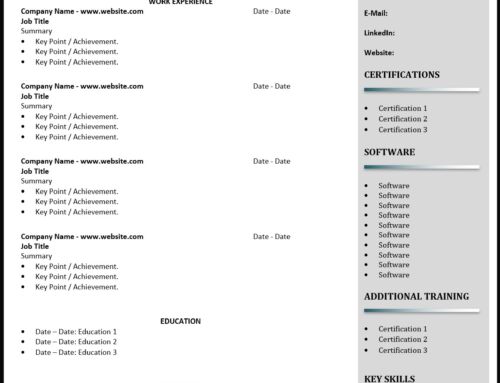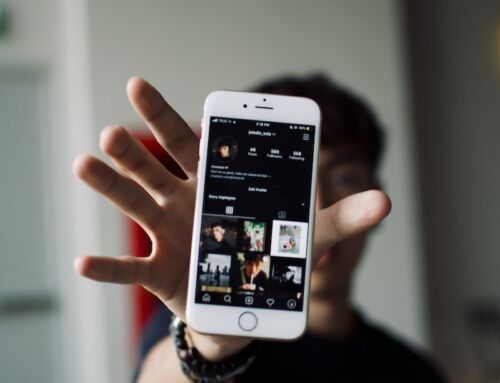From the printing press to Web 2.0, global modernisation and technological advancements have historically transformed how people read.
The introduction of e-readers created a swarm of eulogies lamenting the death of the book, and were further compounded by the rise of audiobooks. Now, a new technology is offering to condense narratives into short, 15-minute distillations to make it easier to fit reading into a busy schedule – Blinkist. Let’s delve further into this new service and the digital landscape it has appeared within.
With the advent of the internet and social media, societal patterns of consumption have changed.
The attention economy amplifies instant, quick and easily palatable content. Additionally, a demanding work culture assigns self-development and high attainment as personal responsibilities. Blinkist could be the ideal solution; it can re-introduce books to those who feel overburdened and under pressure. It also offers a way to re-purpose ‘lost’ moments such as commuting or washing dishes as a time to learn and think. Perhaps it could also make knowledge more accessible for the 7.1 million adults in England with poor literacy skills.
Still, it is important to consider how this simplification of ideas serve as a deterrent to what Miedema and many other authors refer to as ‘slow reading’. This is a process that can enhance qualities like critical thinking and empathy; both are imperative qualities in this age of disinformation. Are we witnessing the hierarchisation of genres that prioritises time-efficiency over pleasure? What happens to deep reading in this new era? Are long-form narratives under threat?
Social media platforms operate business models that prompt consistent user activity to commodify our data.
These companies profit by creating an ecosystem that encourages us to participate in a cycle of constant production and consumption. Algorithms are honed to stage encounters with personalised content that will engender a reaction. Liking posts, sharing or tagging are social actions that are
effectively engineered. That can create habit loops and digital addiction. It is evident that digital media can influence social behaviour. This begs the question, is it better to completely re-evaluate how we engage with digital devices or can a halfway-point
be found?
By now we recognise the dangers of overestimating the influence of new technology on reading habits, especially with the Coronavirus pandemic forcing many people to work from home.
Books are intended to spread ideas and Blinkist offers a simple way to digest information more effectively. It can also serve as a gateway to further engagement, potentially inspiring the purchase of titles that may have been previously disregarded. Yet one question persists: can we truly understand a concept in 15 minutes or is Blinkist simply clever marketing proposing an easy way out?
For further insights into how technology has changed our reading habits please see Has technology changed our reading habits








Leave A Comment